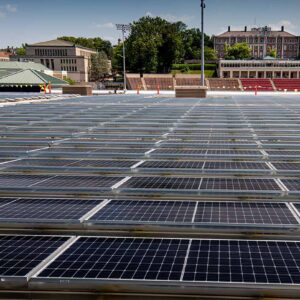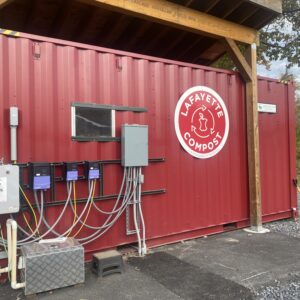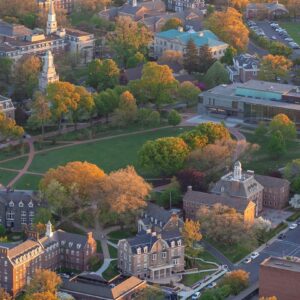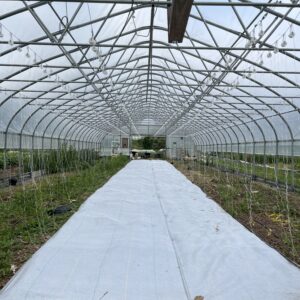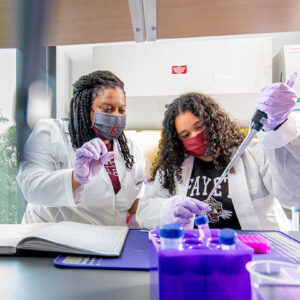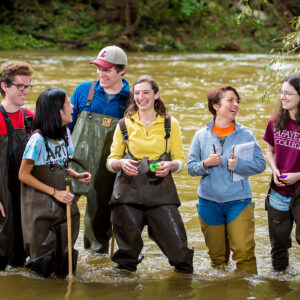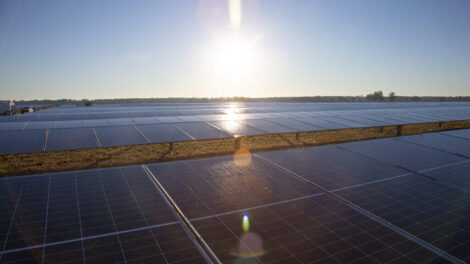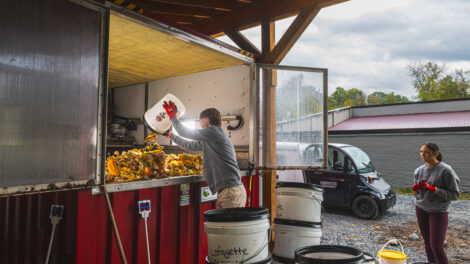Get Involved
This year Lafayette will embark on the exciting process of creating CAP 3.0 and we want to invite YOU to be a part of it.
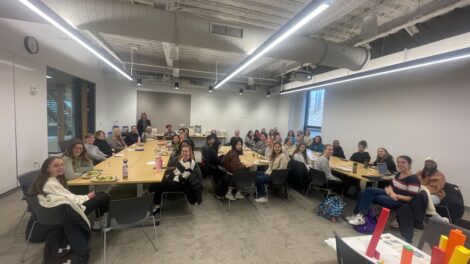
Upcoming Session Dates & Previous Session Materials
Participate in the planning process and progress towards the development of Climate Action Plan 3.0
Session Dates & Materials
Share Your Feedback
Give us real time feedback on your thoughts for Climate Action Plan 3.0
Give Feedback Now